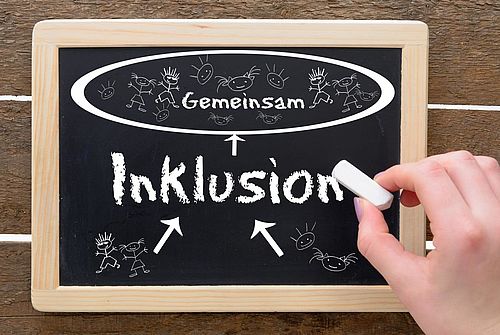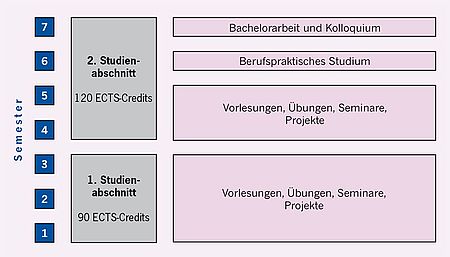Main content
Health and Social Services (B.A.)
Inclusive Studies at University Nordhausen!
What are Inclusive Studies
The Inclusive Studies are fundamentally concerned with the inclusion of people with disabilities, developmental risks or disadvantages as an integral part of society. We provide help and support in coping with everyday life and improving abilities.
Fields of Inclusive Studies
You have the opportunity to work in early intervention, educational support, child and adolescent psychiatry, schools, residential facilities or workshops for people with disabilities. Alternatively, you also have the opportunity to set up your own curative education practice after completing your studies.
Information about the study program
Note on state recognition

State recognition in the course of study Inclusive Studies
The Course of study in Inclusive Studies entitles the student to acquire state recognition. For Thuringia, this is regulated in the Law on the Recognition of Social Pedagogical Professions (Thuringian Social Professions Recognition Law). Although the regulation of state recognition is a matter for the states, it applies nationwide. In Thuringia, the universities of applied sciences are authorized to award state recognition. Prerequisites are an application, the internship of at least 100 days integrated into the course of study and the successful completion of the course of study. Since state recognition can be denied in the event of a final conviction, an extended police clearance certificate must be enclosed with the application. The certificate of good conduct must be submitted in the original and should not be older than three months. For the application of the extended police certificate of good conduct according to § 30a para. 1 no. 2a BZRG (Federal Central Register Act), some registration authorities require a letter from the university of applied sciences proving the purpose of the application. This letter must be personalized to the applicant. If you need this or would like to take it with you to be on the safe side, please contact the Internship Office briefly. The letter will then be handed out or sent as an e-mail attachment to the student.
Entry requirements
General higher education entrance qualification, subject-specific higher education entrance qualification and at least twelve weeks pre-study internship in a social, nursing or educational field of work or a completed education in an educational, social or health professional occupation.
